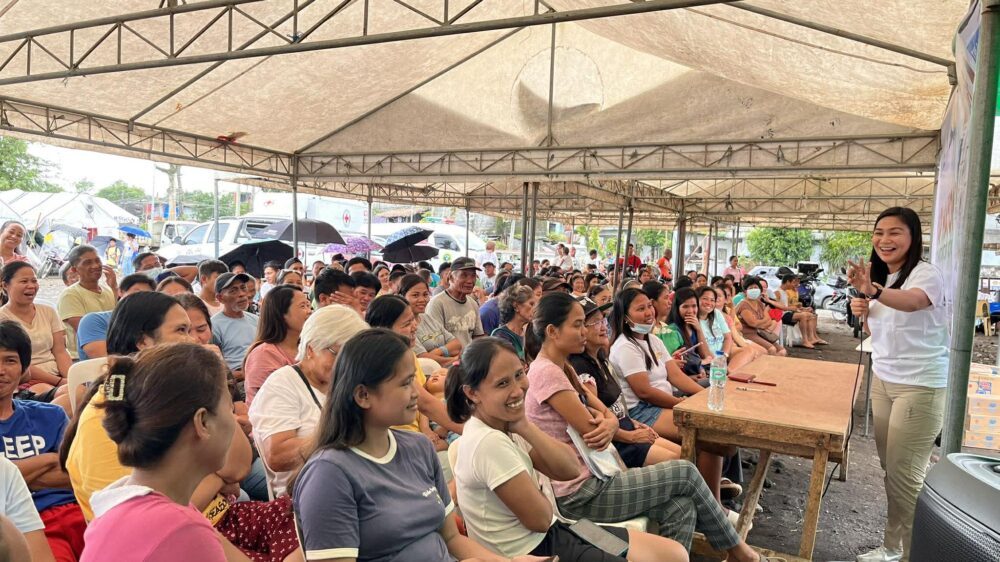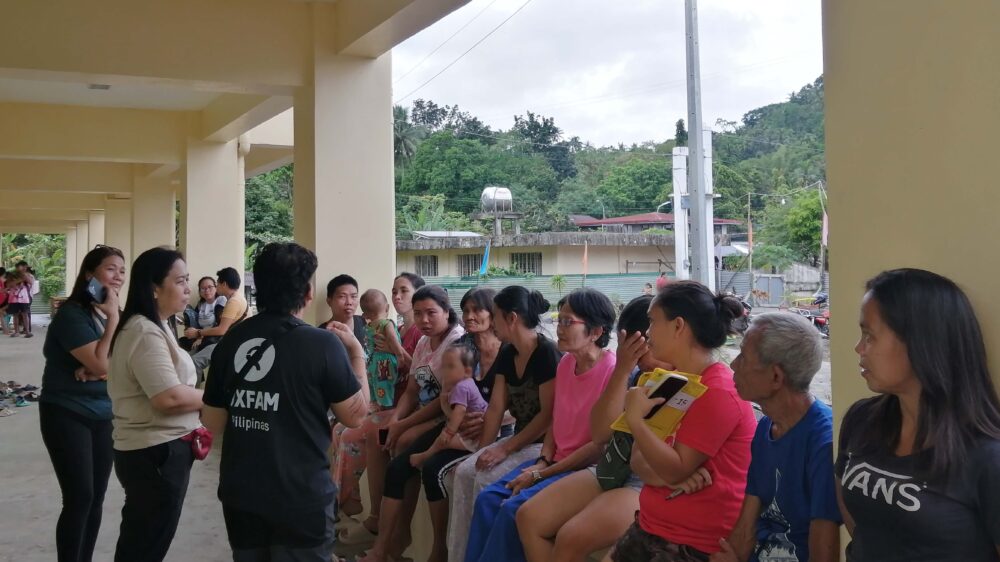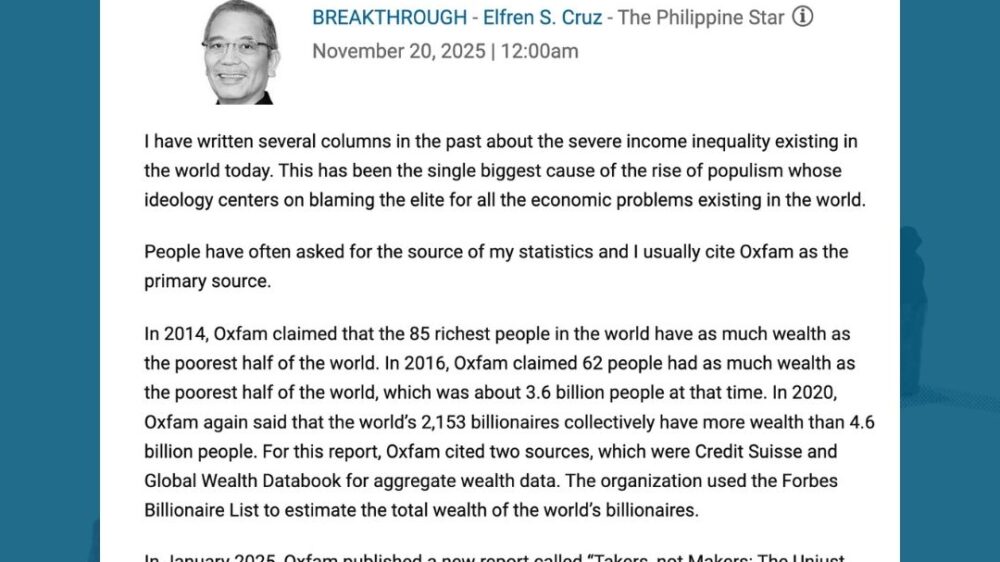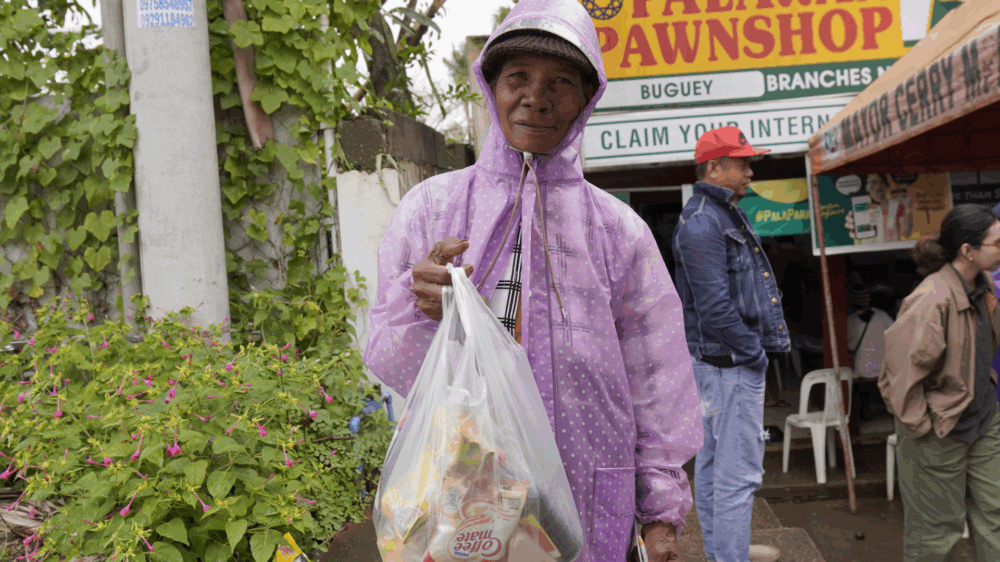
“I know the lives of our neighbors: we are all struggling to live in dignity, to find ways to survive daily, and to raise our families and keep them safe. If I can contribute in some small way to help them achieve these things through my work as a barangay health worker, I am happy and content,” Maricar said.
Maricar Eranista has worked as a barangay health worker (BHW) for 13 years. She and the other BHWs are the front liners in their community regarding health concerns in Umiray, Gen. Nakar, Quezon. During calamities and disasters, they also serve as the barangay’s support arm in implementing rescue and relief efforts. They also function as communication liaisons between the barangay and the rest of the community.
Despite the challenges and occasional risks of the work, especially in geographically isolated and disadvantaged areas (GIDA), BHWs in the Philippines are considered volunteer employees. BHWs do not receive a regular salary, social security, or health insurance. Despite working as a BHW since 2010, Maricar receives only P2,400 every quarter, or P800 monthly as an honorarium. She does not have PhilHealth (the government’s universal public healthcare benefit program or social security). However, she does not consider it as a deterrent for her to continue doing her work.

“I find deep fulfillment in our work,” she said. “I enjoy helping our community, especially the families with small children, senior citizens, and persons with disabilities. Volunteer work like this is easy for me because I can see the good that comes out of it. We’ve built close ties in our community through the years as we’ve all helped one another through different issues.”
“There are some instances when people do not understand that there are exceptions to welfare assistance, that certain individuals are given priority to receive help – the most impoverished families, for instance, or families with no regular income. As BHWs, we must help clarify misunderstandings and smoothen relationships,” Maricar said.
“As BHWs, we know our responsibilities to the people within our respective areas of jurisdiction. We work hard to ensure fairness and objectivity because we know that although many are struggling, there are always there who are poorer than most, and their needs are greater.”
Maricar Eranista
Barangay Health Worker,
Umiray, General Nakar, Quezon
“Every time the barangay receives information that welfare assistance is coming, or if there’s a program people can apply to get it, I make sure to explain with correct information to people, including the rules and policies that have to be observed concerning the release of the assistance or the implementation of the program. Transparency is very important,” she said.
“Apart from the health services that we usually provide to the community, BHWs would very much want to learn disaster relief services and the first aid measures during disasters,” she said. “I think we would all benefit from this training. BHWs can do more to help people, especially the most vulnerable like children, expectant mothers, and people with health conditions like PWDs and senior citizens,” she shared.
Multi-purpose cash assistance
“People were just happy to receive assistance regardless of what it was or how much. Most of the beneficiaries are farmers whose houses were partially or completely destroyed. They also lost their crops, and six months after the calamity, many of them are still grasping at straws on how to recover,” Maricar said.
When Oxfam Pilipinas and Community Organizers Multiversity implemented its Multi-purpose Cash Transfer (MPCT) Program in Brgy. Umiray, General Nakar, Quezon, in the aftermath of Super Typhoon Noru from December 2022 to April 2023, Maricar and the rest of the BHWs worked tirelessly to ensure that the residents most affected by the calamity were included in the program. Maricar said that the Php 3,000 cash assistance was considered by all the beneficiaries as godsend.
Maricar recalled going house-to-house, interviewing residents on how they were affected and what happened to their homes, belongings, and main sources of livelihood and income to survey the damage inflicted by the typhoon.
Maricar and her family also received cash assistance from the Super Typhoon Noru emergency response. When Noru hit, everyone in their family was safe at home, but part of their roof — two galvanized iron sheets – blew off because of the strong winds.
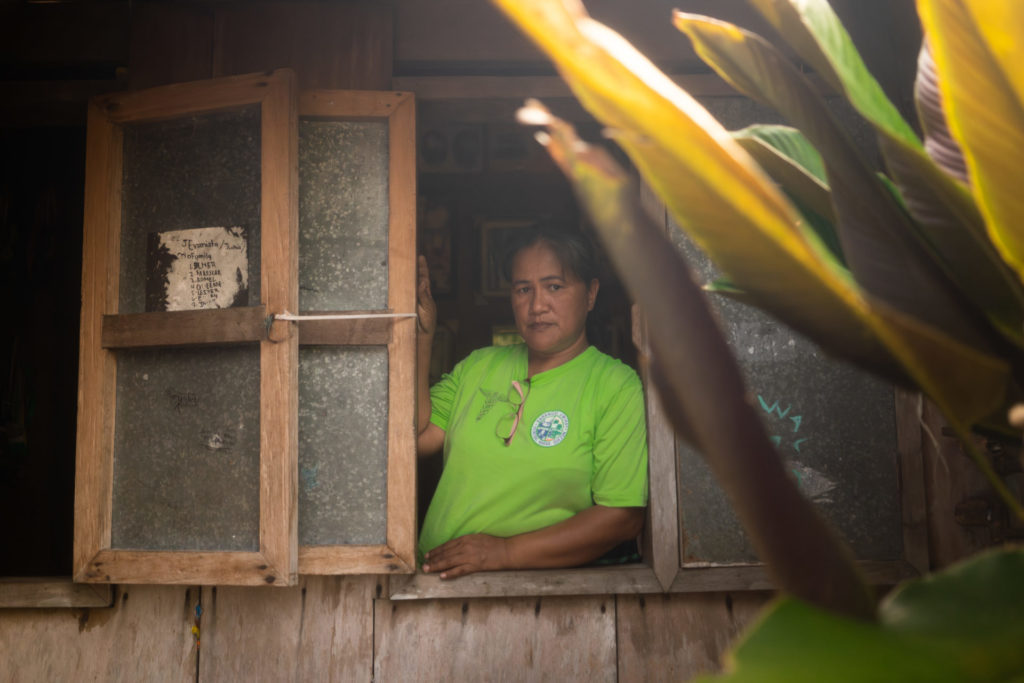
“We are grateful for the Php 3,000 cash assistance we received. We used the money to fix the roof and to make it more secure.” Since she only receives Php 800 monthly from her work as BHW, Maricar takes on odd jobs like drying fish caught by relatives and neighbors working full-time as fisherfolk. She also takes care of a flourishing vegetable garden planted with okra, eggplant, lettuce, cucumbers, and chili peppers. All these vegetables are for their family’s consumption.
On the other hand, Maricar’s husband, Elmer, is a person with disability and a cancer survivor. They have been married for 26 years. When he met an accident in 1991, he had to have his left leg inserted with a steel rod and an internal fixator to help the broken bone heal. Elmer was supposed to have the implant removed after five years but neglected to do so, and it stayed where it was for 22 years. In 2018, it was discovered that this might have caused his bone cancer, and he had to have the lower leg where the device was amputated.
Elmer has been unable to work since then, but he makes sure to help his wife with the household chores and raise their five children.
For Maricar’s husband, it often weighs heavily on his mind how to help their family, and he did not know how they would fix the damaged roofing. They laid a wide plastic sheet over the hole and hoped there would no longer be any typhoons until they replaced the lost roofing sheets.
Neither Maricar nor Elmer are college graduates.
Elmer’s formal education stopped at sixth grade, while Maricar at least reached high school. Both of them, however, are deeply aware of the importance of getting a college degree if only to get better-paying work.
Despite this, Maricar does not lose hope and sees herself continuing to be a BHW and helping their neighbors access public health services and assistance during calamities. Elmer is only too eager to declare how proud he is of her.
“Like most parents, we want our children to have better lives than what we have managed to provide for them. Sadly, life is difficult in communities like ours when hard work in the fields planting rice or growing bananas and coconuts does not earn much money. People here do the best they can with what they have,” Elmer said.
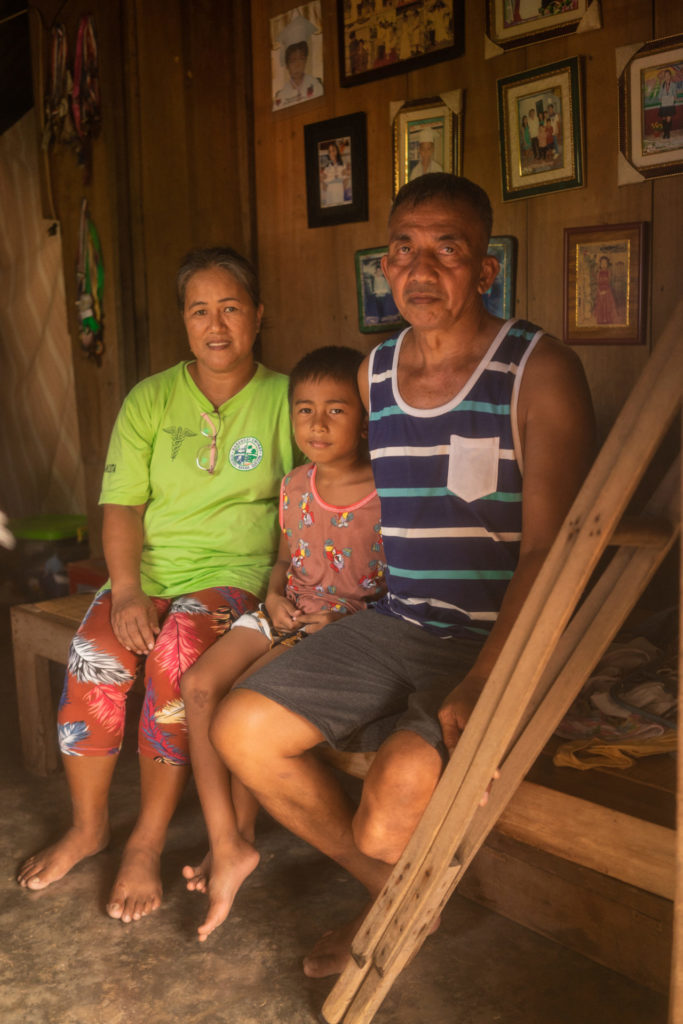
“I admire her and the work she does. She takes care of our family and me, but she always makes sure to be there for our community, especially during emergencies.”
Elmer,
Maricar’s husband
###
